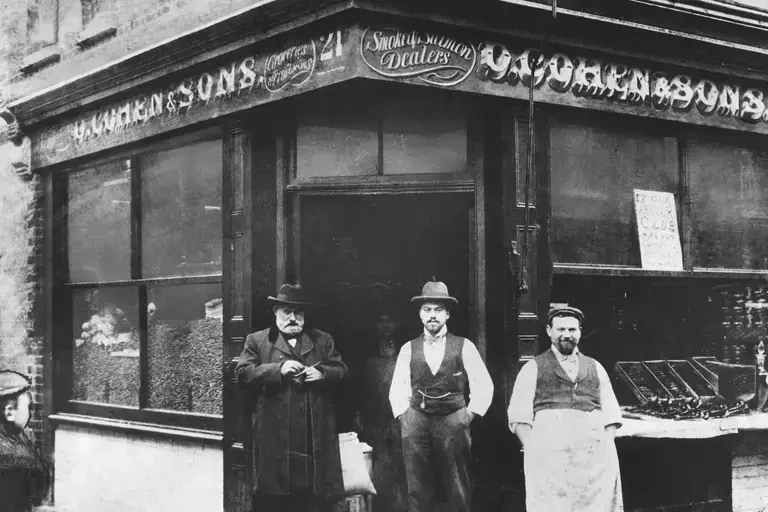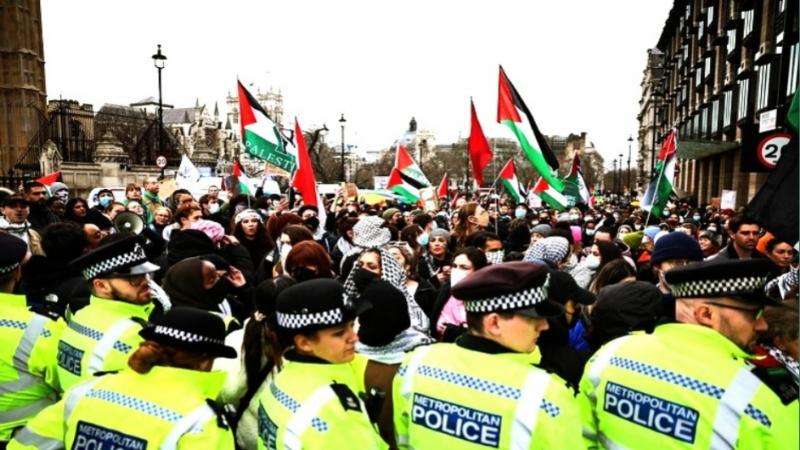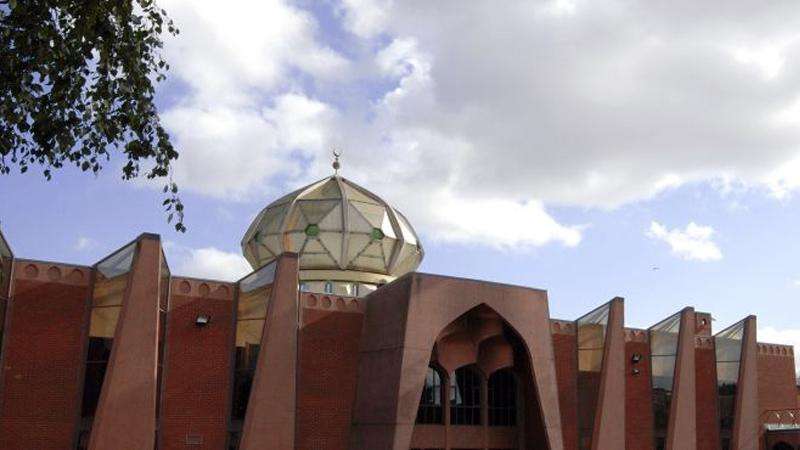With more than 2.8 million signatures, a petition for a new general election in the UK has sparked an official debate in Parliament. This petition highlights the public's rising discontent with the government's economic policies, particularly tax hikes, even though it won't directly lead to a new election. The debate will take place at Westminster Hall on January 6.
Unmet Promises and Rising Discontent: The Origin of the Petition
Initiated by a publican from the West Midlands, the petition reflects frustration with the Labour Party's unfulfilled promises during the last election campaign. Key among these grievances are proposed tax hikes—particularly an increase in National Insurance contributions for employers—which some voters see as a betrayal of Labour’s pre-election pledges. This has led to the petition quickly gaining momentum, surpassing the threshold of 100,000 signatures required to force a parliamentary debate.
The July 2023 general election gave the Labour Party a strong mandate, but the increasing cost of living and tax rises have left many feeling disillusioned. Despite this, the petition has ignited a wider debate about the government’s fiscal direction, highlighting the tensions between Labour’s promises and its current policies.
Political Figures at Odds: A Clash of Visions on Economic Policy
The petition has provoked sharp political exchanges, particularly from Kemi Badenoch, leader of the Conservative Party. During Prime Minister’s Questions, Badenoch seized the opportunity to criticise Labour leader Sir Keir Starmer, accusing him of failing to meet voter expectations.
She pointed out that “two million people want him to resign”, referring to the controversial budget that introduced tax increases, including those for National Insurance. “The tax increases were incredibly unpopular,” Badenoch said, underscoring how the government’s fiscal policies have alienated a significant portion of the electorate.
Badenoch also doubled down on the Conservative position that economic growth is driven by businesses, not government interventions. “It’s the businesses that are creating growth, not the government,” she declared, reinforcing the Conservative view that tax cuts and deregulation are the keys to stimulating economic prosperity.
In contrast, Sir Keir Starmer has sought to downplay the significance of the petition, framing it as politically motivated. He reminded MPs that the general election in July was a decisive verdict on Labour’s agenda, with the party winning 411 seats and receiving 9.7 million votes. “The people of this country made their decision,” Starmer stated, suggesting that the overwhelming election result gives Labour a strong mandate to implement its policies.
The Growing Symbolism of the Petition
While the petition does not have the power to force a new election, it holds considerable symbolic weight. It reflects a significant level of discontent among the public, with notable figures like Nigel Farage and Elon Musk expressing their support for the call to hold a new election. This high-profile backing further elevates the petition’s visibility, with many seeing it as a reflection of wider frustration over the Labour government’s fiscal policies.
The petition has been framed as a protest against the tax hikes, which critics argue unfairly burden businesses and workers. As one critic put it, “people are angry at the government’s unfulfilled promises”. The fact that the petition has gained such significant traction proposes that these concerns are not confined to a vocal minority but represent a broader segment of the electorate








.svg)



